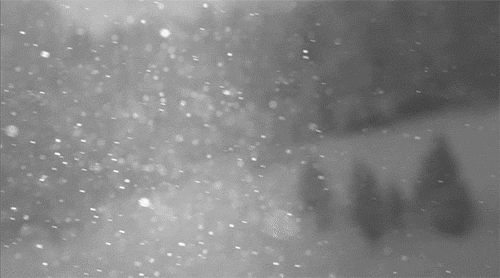
Remember the 1340s? We were doing a dance called the Catapult.
You always wore brown, the color craze of the decade,
and I was draped in one of those capes that were popular,
the ones with unicorns and pomegranates in needlework.
Everyone would pause for beer and onions in the afternoon,
and at night we would play a game called “Find the Cow.”
Everything was hand-lettered then, not like today.
Where has the summer of 1572 gone? Brocade and sonnet
marathons were the rage. We used to dress up in the flags
of rival baronies and conquer one another in cold rooms of stone.
Out on the dance floor we were all doing the Struggle
while your sister practiced the Daphne all alone in her room.
We borrowed the jargon of farriers for our slang.
These days language seems transparent, a badly broken code.
The 1790s will never come again. Childhood was big.
People would take walks to the very tops of hills
and write down what they saw in their journals without speaking.
Our collars were high and our hats were extremely soft.
We would surprise each other with alphabets made of twigs.
It was a wonderful time to be alive, or even dead.
I am very fond of the period between 1815 and 1821.
Europe trembled while we sat still for our portraits.
And I would love to return to 1901 if only for a moment,
time enough to wind up a music box and do a few dance steps,
or shoot me back to 1922 or 1941, or at least let me
recapture the serenity of last month when we picked
berries and glided through afternoons in a canoe.
Even this morning would be an improvement over the present.
I was in the garden then, surrounded by the hum of bees
and the Latin names of flowers, watching the early light
flash off the slanted windows of the greenhouse
and silver the limbs on the rows of dark hemlocks.
As usual, I was thinking about the moments of the past,
letting my memory rush over them like water
rushing over the stones on the bottom of a stream.
I was even thinking a little about the future, that place
where people are doing a dance we cannot imagine,
a dance whose name we can only guess.
Nostalgia by Billy Collins

Humpty Dumpty sat on a wall,
Humpty Dumpty had a great fall;
All the king's horses and all the king's men
Couldn't put Humpty together again.I'm a paragraph. Click here to add your own text and edit me. I’m a great place for you to tell a story and let your users know a little more about you.
Humpty Dumpty sat on a wall by Mother Goose


In the nursery rhyme Humpty Dumpty, we are driven by emotion. The expression of the characters gives the reader a sense of feeling of being young and innocent. The characters are also not realistic which puts the viewer in an imaginative world. With an imaginative world, one would expect this nursery rhyme to be created more for children. But, even adults, enjoy this nursery rhyme and experience nostalgia when reading one such as Humpty Dumpty.
About:
This leads me to question the extent to which artistic values influence a viewer's/reader's imagination and provoke emotions.
A Humpty Dumpty Illustration.
When thinking about this further on how artistic values can influence a viewer, an artist can use their skills to a greater advantage and create art that is biased. Art work that is biased towards one point of view can lead a person to thinking larger for that point of view in which the person actually starts believing the idea.
A sad image can evoke depressing feelings and can make a person feel guilty towards the part of the image that makes it sad, and also can evoke a sad memory in the past that the viewer does not want to remember but ends up doing so. However, a happy image can evoke warm feelings of kindness that embraces the viewer, and allow the viewer to remember a "good old time."
This poem is about a person reminiscing back in time, from the 1340s and building his way towards where he is today. It is interesting and sometimes depression to pause and remember the past and how things used to be in comparison to today. The message behind this poem can be "to appreciate what you have before time makes you appreciate what you had."
Nostalgia